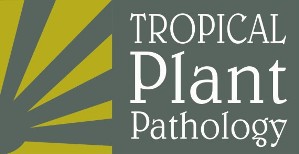Two greenhouse experiments were carried out to characterize the resistance or susceptibility reactions of 52 species of plants to Meloidogyne ethiopica and their possible adverse effect on nematode population under greenhouse conditions. Tested plants with Reproduction Factor less than one (RF<1.0) were rated as non-hosts or resistant, including: peanut (Arachis hypogaea) 'Cavalo Vermelho', forage pigeon peas (Cajanus cajan) 'IAPAR 43'and 'PPI 832', Crotalaria grantiana, C. apioclice, C. spectabilis, dwarf velvet bean (Mucuna deeringiana), castor bean (Ricinus communis) 'IAC 80', sorghum (Sorghum bicolor) 'SARA', cowpea (Vigna unguiculata) 'Espace 10' and 'Australian', black oat (Avena strigosa) 'IAPAR' 61', ryegrass (Lolium multiflorum) 'Italian', forage radish (Raphanus sativus var. oleiferus) IPR116' and rye (Secale cereale) 'IPR 69'. The first 11 are summer plants and the last four winter plants. The other 37 species/cultivars tested were good hosts or susceptible. Some crop succession systems alternating summer and winter non-host plants are suggested for field experiments to validate these greenhouse results.
antagonistic plants; crop rotation; nematode management; root-knot nematode



